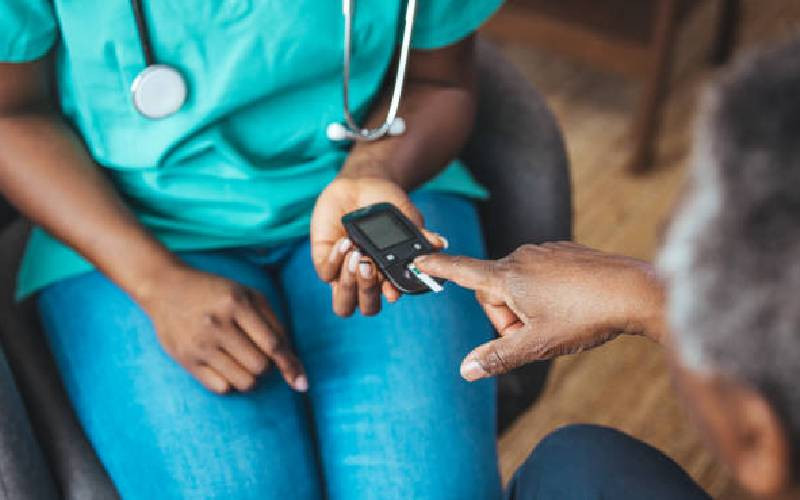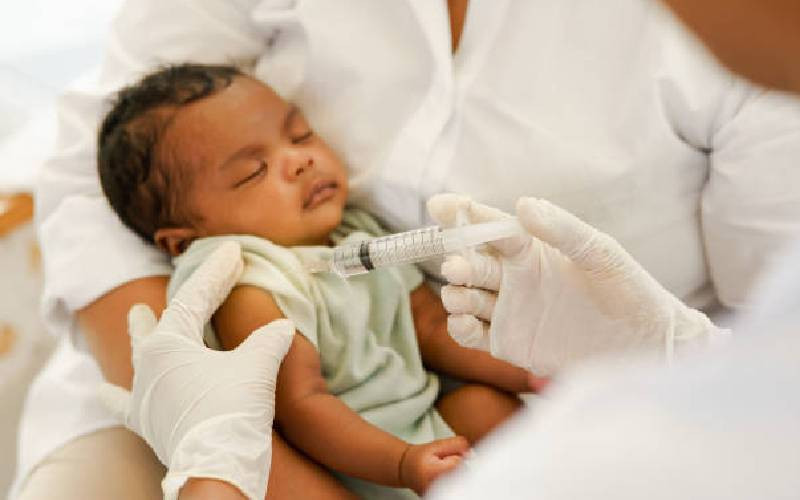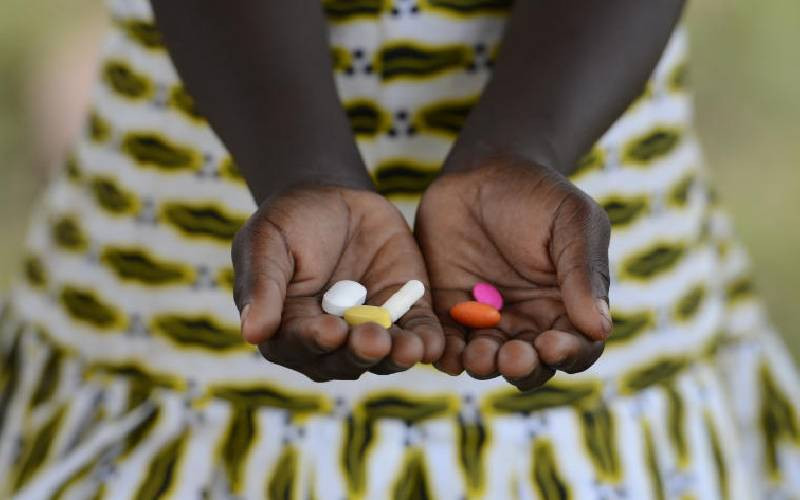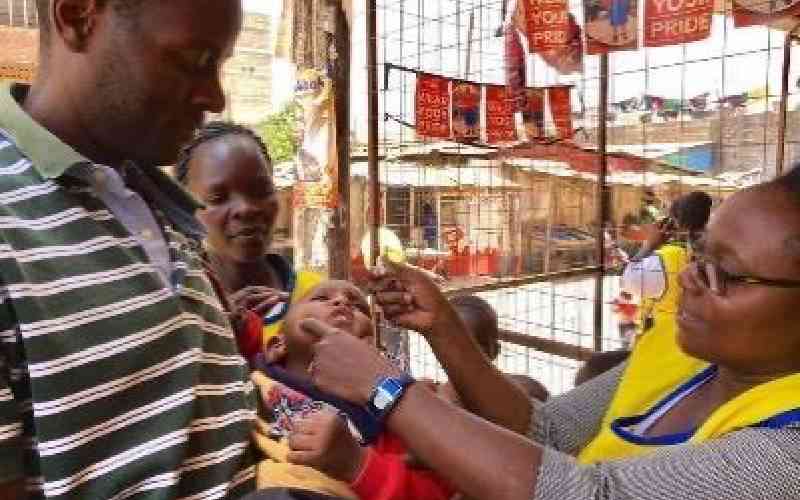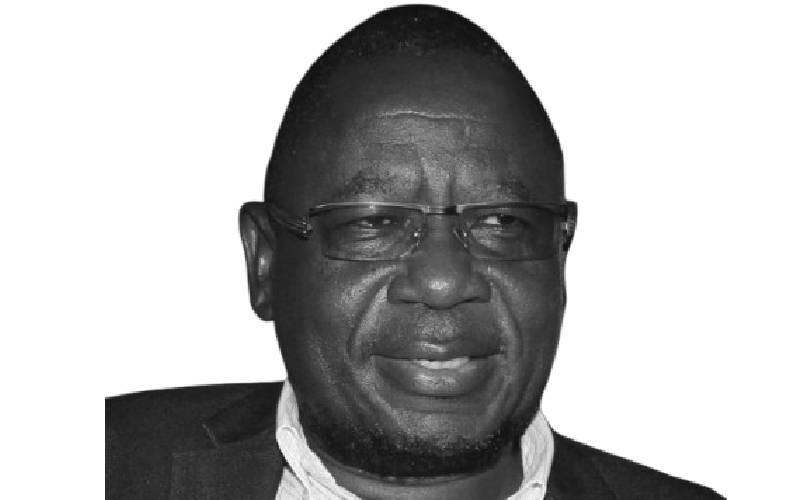
Health CS Susan Nakhumicha during a meeting with the Joint committee of the National Assembly and the Senate Health Committee scrutinizing the new SHIF health scheme at the Argyle Hotel in Machakos on February 27, 2024 [Boniface Okendo, Standard]
In Kenya, access to quality and affordable healthcare remains a significant challenge, particularly for persons with disabilities. The introduction of the Social Health Insurance Fund (SHIF) presents a potential solution, but its effectiveness in addressing the healthcare needs of individuals with disabilities is debated.
Persons with disabilities encounter various obstacles in accessing healthcare, including physical barriers and financial constraints, leading to poorer health outcomes. SHIF aims to address these challenges by pooling resources for equitable healthcare distribution. However, its ability to cater to the specific needs of individuals with disabilities is uncertain.
To maximise SHIF’s support for persons with disabilities, several key measures are essential. Firstly, inclusive policy formulation is crucial, involving representatives from the disability community to ensure their unique challenges are considered. This includes addressing the healthcare needs of neurodiverse individuals and ensuring medication coverage and affordability.
Secondly, prioritising accessibility is vital, requiring SHIF to allocate resources for infrastructure adjustments and assistive technologies in healthcare facilities. Thirdly, healthcare services must be tailored to diverse needs, including specialized equipment, sign language interpretation, and competent healthcare professionals.
Financial support through subsidies or exemptions is necessary to alleviate economic burdens associated with healthcare expenses for individuals with disabilities. Public awareness initiatives are also needed to combat stigma and promote inclusivity.
Continuous monitoring and evaluation of SHIF’s impact on individuals with disabilities enable responsive adjustments and improvements based on real-time feedback. Coverage of essential medicines and treatments tailored to the needs of individuals with neurodiversity should be included within SHIF.
- MPs call for suspension of Kenyans registration into SHIF
- Working just three night shifts throws your body into chaos - study
- Government to formulate a new health funding model
- What new health scheme will offer under scaled down budget
Keep Reading
While SHIF offers promise in addressing healthcare disparities, proactive measures are required to ensure inclusivity and accessibility for persons with disabilities. It should be seen as a vehicle for social justice and equality in healthcare, rather than a burden.
In conclusion, achieving equitable healthcare access for persons with disabilities in Kenya demands collaborative efforts. By harnessing SHIF’s potential and implementing targeted interventions, a healthcare system that leaves no one behind can be realised. It’s time to bridge the gap and uphold healthcare as a fundamental right for all, regardless of ability.
Ashura Michael, Public Policy and Social Justice Advocate
 The Standard Group Plc is a multi-media organization with investments in media platforms spanning newspaper print
operations, television, radio broadcasting, digital and online services. The Standard Group is recognized as a
leading multi-media house in Kenya with a key influence in matters of national and international interest.
The Standard Group Plc is a multi-media organization with investments in media platforms spanning newspaper print
operations, television, radio broadcasting, digital and online services. The Standard Group is recognized as a
leading multi-media house in Kenya with a key influence in matters of national and international interest.

